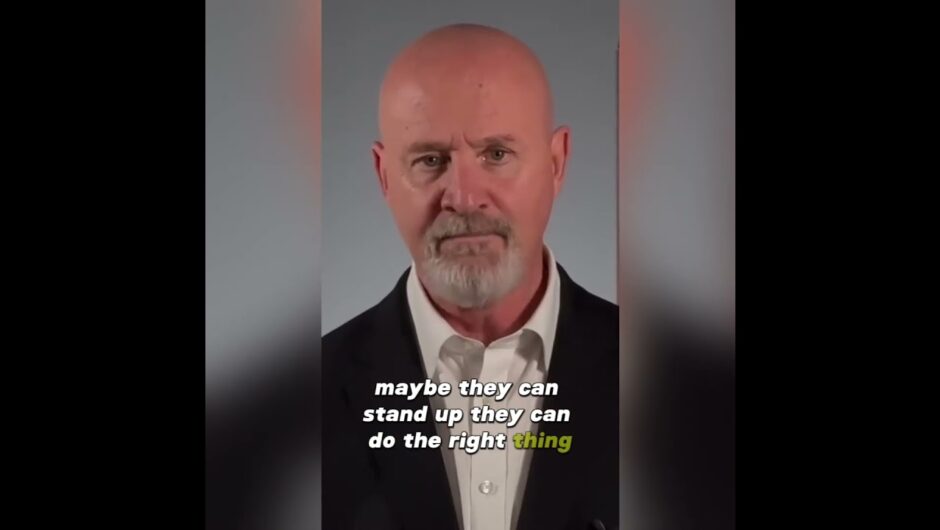Cate tortured herself with self-loathing for the things she’d done when out of her mind. When she was in rehab, she’d write me long letters telling me how much she loved me and the rest of our family and how ashamed she was of the things she’d said and done when she was drunk. I told her that everyone did things of which they weren’t proud and we were all so much more than the worst thing we’d ever done. Those things didn’t diminish us. She didn’t believe me.
When patience and understanding didn’t work, I practised tough love and told Cate that this had all gone on for long enough and she had to get it together. I told her that she had to stay in rehab until she was well, that she had to stick with the program until the end, that she couldn’t keep doing this to everyone and she couldn’t keep doing it to herself.
As I gazed in a stupor at Cate’s body on that trolley in the morgue, I thought about the afternoon in the mid-eighties when my mother told me that I was going to be a big sister. I was six years old and I thought it was the most wonderful news.
I don’t know that it was an entirely selfless feeling in the beginning. Being the youngest of three siblings, I wielded very little power in the family hierarchy and finally, there would be someone younger than me.
When I first laid eyes on Cate (or ‘Catherine’ as she was christened), I felt such an overwhelming urge to love and protect her. We entered a brave new world together when she was three and I, 10 years old, and my mother separated from our father who was losing an increasingly fraught battle with alcohol addiction.
In all the desperate sadness and turmoil of that period, I remember feeling grateful that at least Cate wouldn’t grow up witnessing our father drunk and in full flight like the rest of us had. Her life would be normal. This three-year old bundle of joy and loveliness became a focus for my mother, my siblings and me when everything else was askew. Time carried on. Our older siblings eventually moved out of home and Cate and I stayed. We were constant companions.
Lovely Cate grew up. She was funny and clever, and wonderfully artistic. She studied Fine Arts, majoring in film and lived a very bohemian, inner-city lifestyle. She never had money.
I met her for lunch one day and she was shivering and cold because she didn’t have a winter coat. I gave her one of mine but she turned up again the next week without it, shivering and cold again. She told me that she’d given it to a homeless girl that she’d seen begging outside Sydney’s Newtown station. While glad that there was one less cold, homeless person on the streets, I remember being annoyed that now neither Cate, nor I, had my coat. But I wasn’t surprised that she’d done it. Cate was always kind to people who were down on their luck. She had a heart that was tender and unbothered by the musings or logic of her brain.
Loading
After one of her numerous suicide attempts, I sat by her bed in yet another emergency ward and told her that if she killed herself I’d never be happy again. I begged her to stay alive for me, for our family, even if she couldn’t survive for herself at that point. I told her things would get better. She cried and hugged me and told me she’d try and I’d feel hopeful that I’d got through to her. My mind stopped racing, I’d wipe the tears from both our faces and I’d breathe again. But it never lasted. It was like being trapped in some sort of Daliesque sequence, swirling around in a vortex holding Cate’s hand, gasping for a pocket of air or a lifeline but only ever getting enough to lurch you through to the next spin and the next crisis.
On the day Cate died, I’d called her several times – as I did most days – and she didn’t answer. My messages went to her voicemail. I put it down to her being hungover or tired (as was often the case) and went and bought some boots. That was when she did it – while I was buying boots. I hate those boots but I cannot throw them away. They represent the before and after. They also represent the guilt I feel for not making contact with her that day. I traded Cate for boots and, having made such a bad deal, I must carry them around with me forever – my very own albatross.
I think about that day often and wonder if things would have been different if I’d kept calling her, if I’d raised the alarm and called emergency services to check on her, if I’d sent her a text message reminding her how much I loved and needed her, if I’d called her flatmate and asked him to check on her. Would any of those things have made her change her mind in those final moments? Would she still be here?
Cate left a note, listing everything about herself that she thought was terrible or that she’d done wrong in her life. I couldn’t bear to read it for a long time and when I did, I felt my soul shrivel up a little more with each entry on the list. So little of it was true and if there was any truth to any of it, it was not at all bad. I hated myself for every time I’d told her she had to get it together. She’d been trying so hard for so long and was so obviously exhausted.
Loading
I have now lived in a world without Cate for five years. People say it’s unnatural to lose a child because they shouldn’t go before you. It is unnatural to lose a sibling too. While you might expect that your parents will not be around in your dotage, there is a presumption that your siblings will travel through life by your side – at least until you’re close to the end. Losing Cate called into question the natural order of things. But Cate is always with me. Perhaps I think of her even more now than I did when she was alive. I have so much that she left behind.
Short films and funny little skits she made; artworks she painted; beautiful letters; clips she posted on social media of herself playing guitar and singing; a zillion beanies that she knitted in rehab while trying to distract herself from her problems – they’re all wonky shapes and don’t fit any kind of human head – but I can’t throw them out. And I write about Cate, which I find keeps her closest of all. Writing expels from my soul the darkness and regret I feel about my loss and leaves in its wake lovely memories of Cate. Her phone number is still in my phone under my favourites, with a picture of her next to it. She will always be one of my favourites. For a long time after she died, I’d dial her number just to hear her voice message.
As time goes on, I feel less cheated and more grateful for the years we had together and what she taught me. And I have felt much happiness again. I know Cate’s life had purpose. I have no doubt she experienced moments of pure joy and absolute happiness in her 30 years but she was plagued by a problem that was probably largely attributable to genetics.
As the English determinist playwright, John Galsworthy, once said, “life calls the tune, we dance”. Cate danced, and those of us that were fortunate enough to love her and be loved by her, danced with her. And it was beautiful.
Sarah Kavanagh is a Sydney-based lawyer and writer.
Most Viewed in Lifestyle
Loading







